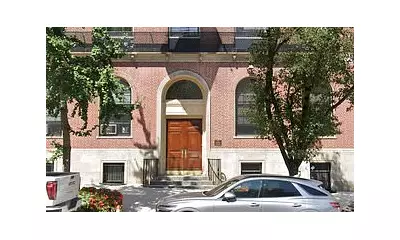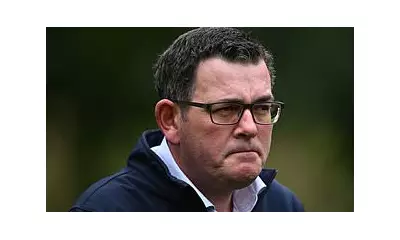
In a surprising shift that highlights the intensifying competition within Britain's state education system, even families living in the shadow of Parliament are increasingly turning to private tutors to secure places at high-performing comprehensive schools.
The phenomenon, once associated primarily with private school entrance exams, has now become commonplace among parents navigating the oversubscribed state sector. With catchment areas shrinking and admission criteria becoming more rigorous, households are investing significant sums in extra tuition to give their children an edge.
The Westminster Paradox
This trend is particularly pronounced in affluent areas like Westminster, where parents who could afford private schooling are instead opting for top-tier state education - and spending heavily to ensure success. One mother revealed spending approximately £4,000 on tutoring specifically for her son's secondary school application process.
"The irony is palpable," notes an education analyst. "We're seeing families who believe in state education fundamentally, yet feel compelled to use private means to access it. This creates an uneven playing field that contradicts the comprehensive ideal."
A Nationwide Pattern
This isn't isolated to London's political heartland. Across England, the tutoring industry has exploded, with companies reporting annual growth of up to 25%. The driving force? Anxiety about school placements in a system where a few hundred metres' difference in address can determine educational outcomes.
Key factors contributing to this trend include:
- Shrinking catchment areas for desirable schools
- More complex admission tests and interviews
- Increased competition for limited places
- Parental concerns about COVID learning loss
The Equity Question
The surge in private tutoring raises serious questions about educational equality. While wealthier families can afford extra support, less advantaged students risk being left behind in the competition for school places.
"This isn't just about helping children succeed - it's about gaming the system," one education expert commented. "When access to state education becomes something you can buy your way into, we need to examine what that says about our society."
As the new academic year approaches, the debate continues about how to balance parental choice with fair access, ensuring that Britain's state schools remain truly comprehensive institutions rather than becoming another arena where privilege determines outcomes.





